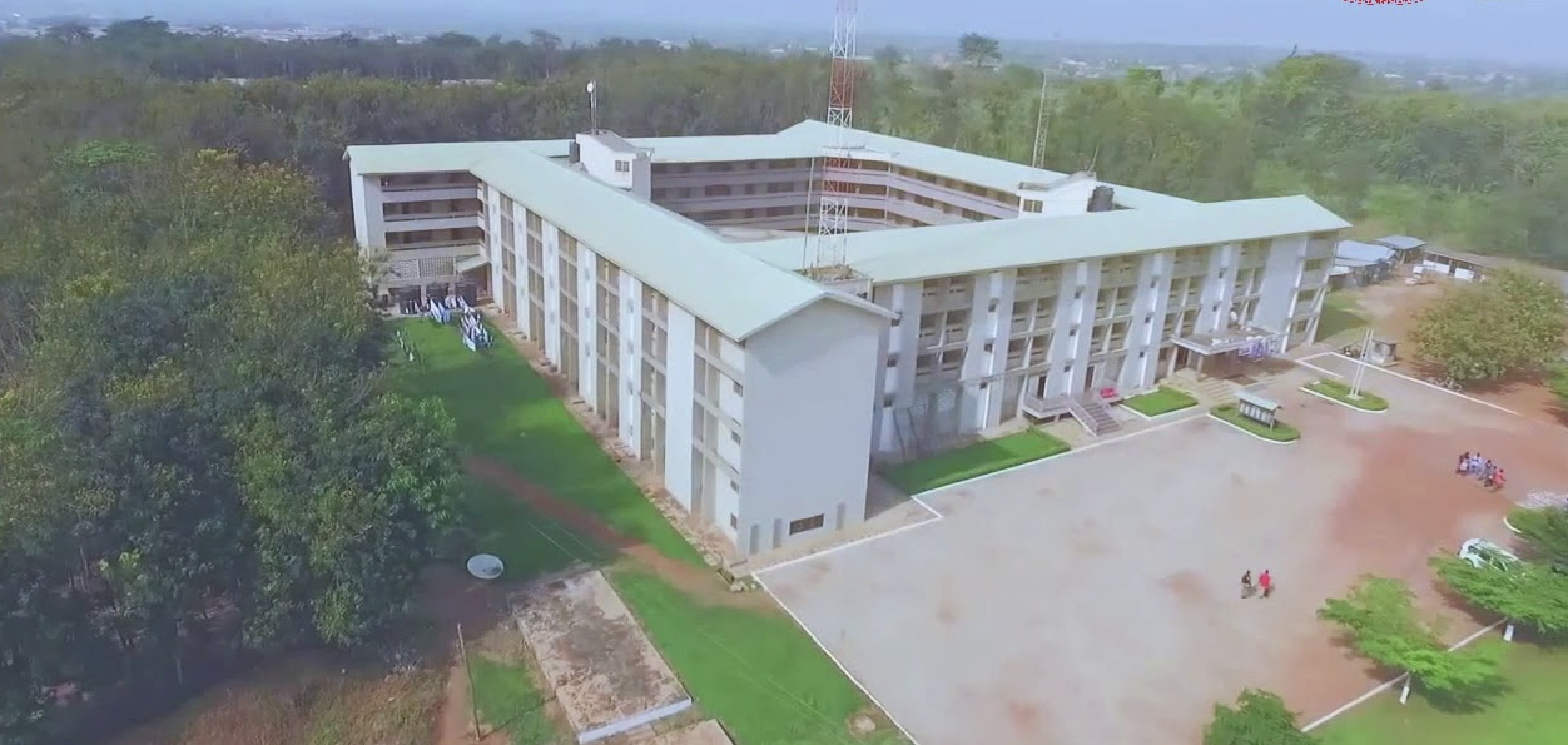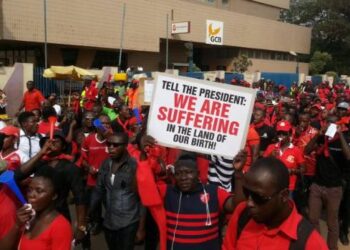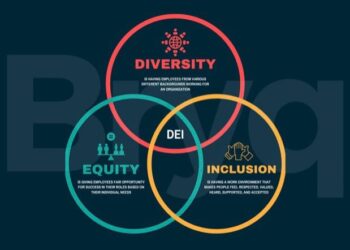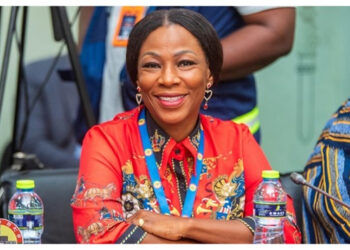The Earth Observation Research and Innovation Center (EORIC) of the University of Energy and Natural Resources (UENR) has developed a fire and weather alert system.
The system sends fire information to the Ghana National Fire Service (GNFS) in real-time to help prevent fire outbreaks. Dubbed: “Advanced Virtual Fire Information System,” it also provides weather information for up to five days.
It enables people, especially farmers, to plan their activities as to when to harvest their crops to avoid the rains.
The Advanced Virtual Fire Information System is in its pilot stage and is compatible with both android and non-android phones.
The EORIC of UENR encourages people to sign up to it, using the shortcode *920*49# to send and receive signals.
The EORIC of UENR, in partnership with the Afram Plains Development Organisation (APDO), a non-governmental organisation, held a follow-up workshop in Tamale for some farmers to test the system and to seek inputs to improve it.
The farmers, who were drawn from Oti, Eastern and Northern Regions, attended a similar workshop last year in Sunyani, where they were introduced to the system.
Dr Emmanuel Nyantakyi, Head of EORIC at UENR, who explained how the system works during the day’s workshop, said “It sends fire information and also weather forecasts. So, once you sign up to it, it tells you exactly whether or not where you are there is fire. Once that is done, the prompt gets to the system, then we relay the information to the GNFS and they then take necessary action.”
Dr Nyantakyi added that “On the weather, we need to know the weather of the day. The system also gives you the weather information in every three hours during a day and up to five days.”
The EORIC of UENR has a ground station where it receives live data from orbit satellites on the West Africa sub-region and parts of Libya, Chad and Gabon.
The data it receives every day is processed to give heat signatures, which indicate bush fires and where they could be located, and this information is made available to agencies that require it.
The Ghana News Agency understands that EORIC of UENR realised that apart from the agencies that required such data, other people, who might need the data are farmers, who dealt with bush fires hence the move to engage them on how best to make it available to them to improve agricultural production.
The system allows people, who subscribe to it to report fire outbreaks by dialling the shortcode where the message will be sent directly to responsible institutions to address the situation.
The phone holder will have to send a message about the fire but he or she will also be alerted if the system detects the fire, and the system also sends alerts of a high incidence of fire such that people can better prepare to deal with the situation.
While some of the farmers, who attended the workshop, were happy at the system because they were able to sign up to it and received weather updates, others had to be assisted to be able to sign up to it.
Dr Nyantakyi said the experiences and comments of farmers regarding the system would be taken on board to improve on it to better serve the public.
He entreated the farmers to share knowledge about the system with their friends back home to understand it and its benefits.










Discussion about this post